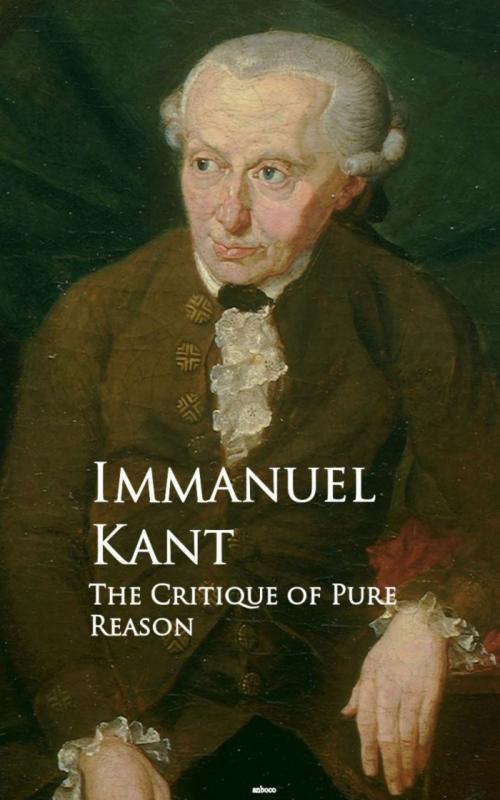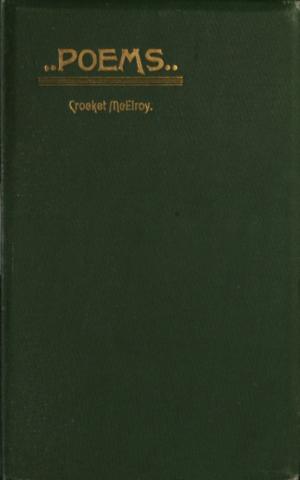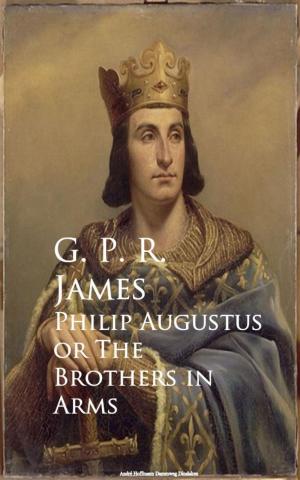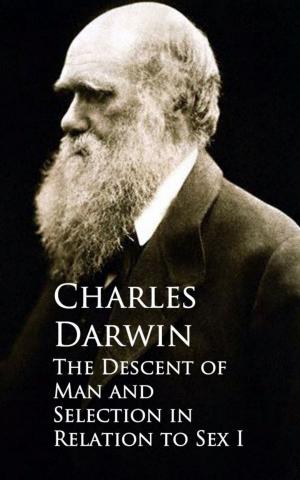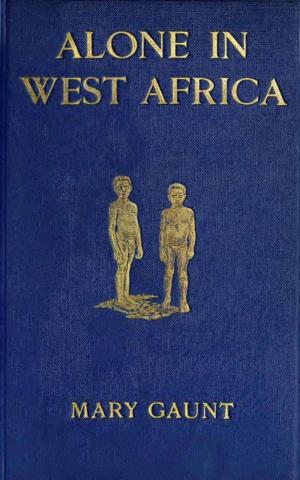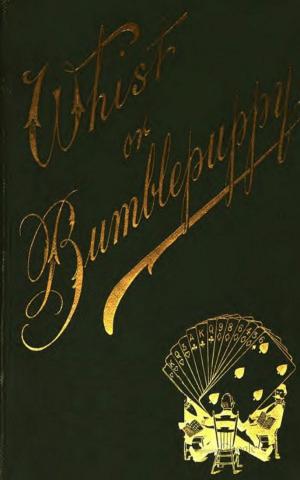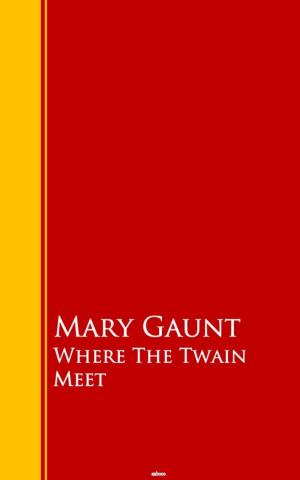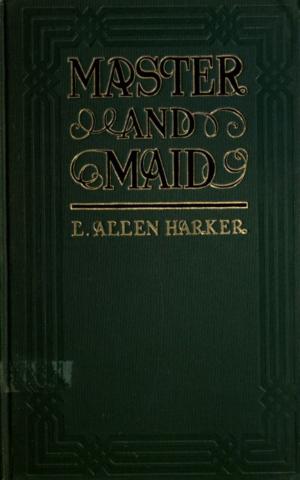The Critique of Pure Reason
Bestsellers and famous Books
Nonfiction, Reference & Language, Education & Teaching, Educational Theory, Philosophy & Social Aspects| Author: | Immanuel Kant | ISBN: | 9783736418004 |
| Publisher: | anboco | Publication: | October 26, 2016 |
| Imprint: | Language: | English |
| Author: | Immanuel Kant |
| ISBN: | 9783736418004 |
| Publisher: | anboco |
| Publication: | October 26, 2016 |
| Imprint: | |
| Language: | English |
The Critique of Pure Reason by Immanuel Kant is one of the most influential works in the history of philosophy. Also referred to as Kant's First Critique, it was followed by the Critique of Practical Reason and the Critique of Judgment. In the preface to the first edition Kant explains what he means by a critique of pure reason: "I do not mean by this a critique of books and systems, but of the faculty of reason in general, in respect of all knowledge after which it may strive independently of all experience." Dealing with questions concerning the foundations and extent of human knowledge, Kant builds on the work of empiricist philosophers such as John Locke and David Hume, as well as taking into account the theories of rationalist philosophers such as Gottfried Wilhelm Leibniz and Christian Wolff. Kant expounds new ideas on the nature of space and time, and claims to solve the problem which Hume posed regarding human knowledge of the relation of cause and effect, and to have assessed the ability of the human mind to engage in metaphysics.
The Critique of Pure Reason by Immanuel Kant is one of the most influential works in the history of philosophy. Also referred to as Kant's First Critique, it was followed by the Critique of Practical Reason and the Critique of Judgment. In the preface to the first edition Kant explains what he means by a critique of pure reason: "I do not mean by this a critique of books and systems, but of the faculty of reason in general, in respect of all knowledge after which it may strive independently of all experience." Dealing with questions concerning the foundations and extent of human knowledge, Kant builds on the work of empiricist philosophers such as John Locke and David Hume, as well as taking into account the theories of rationalist philosophers such as Gottfried Wilhelm Leibniz and Christian Wolff. Kant expounds new ideas on the nature of space and time, and claims to solve the problem which Hume posed regarding human knowledge of the relation of cause and effect, and to have assessed the ability of the human mind to engage in metaphysics.
